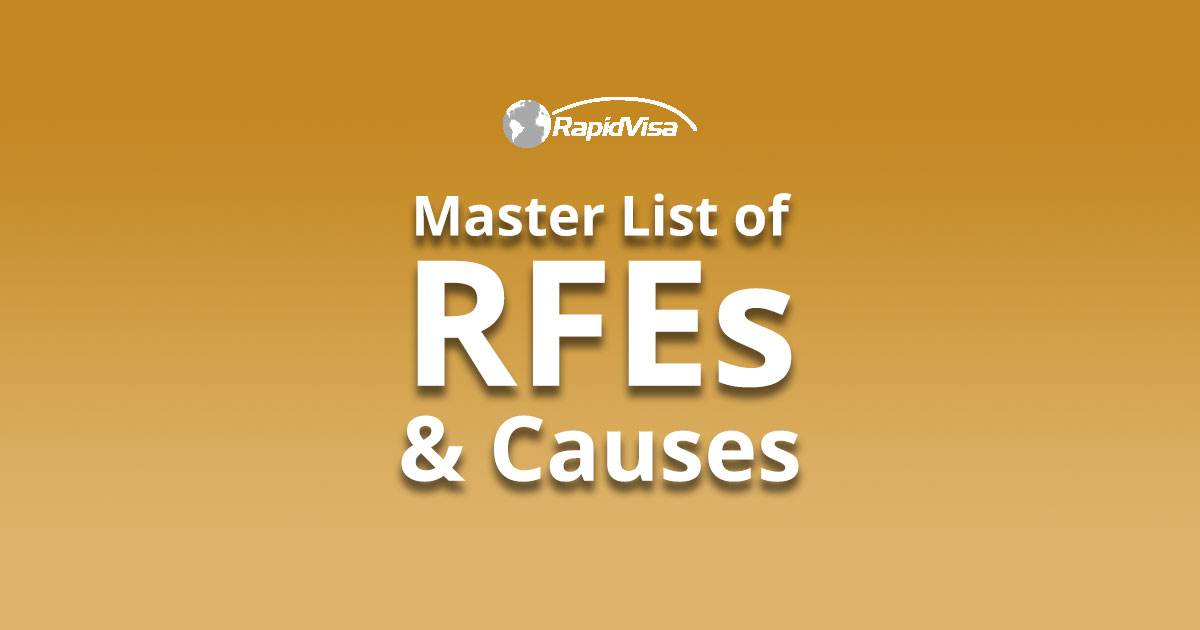Where to get court and police records for your green card application
The U.S. government conducts background checks on all family-based and marriage-based green card applicants. If you’re a family member seeking a green card, you’ll need to provide records detailing every interaction you’ve ever had with law enforcement, both in your home country and in the United States. (The only exception is minor traffic violations.)
In this guide, you’ll learn which court records and police reports to submit, where to obtain them, and how to proceed when those documents are unavailable. (Please note that police records are not the same as a police clearance certificate, which is required only of family members seeking a green card from abroad, whether or not they have a record of a law enforcement issue.)
In addition, be sure to read our detailed guides on the impact of past criminal history on a green card application if you’re a sponsoring relative or a family member seeking a green card.
Do you have confidential questions about how a criminal record might affect your green card application? With RapidVisa, you get an independent immigration attorney who can help you understand your options.
Requirements
Who must submit their records?
Although background checks are conducted on both family members, only the family member seeking a green card must submit court, police, or prison records — even for arrests or charges that occurred while they were a minor and sometimes even those that were later expunged (removed) from their record. The specific details depend on whether the relative seeking a green card is applying from abroad or within the United States.
Which records do I need to submit, and what information should they include?
If you’re applying from abroad, you must submit to the National Visa Center (NVC) certified court and prison records for each conviction — even if you were later pardoned or granted amnesty or some other act of clemency. (You are not required to provide records for an arrest that did not lead to a conviction.)
The records must reflect the following information:
- The full and complete circumstances of the crime for which you were convicted
- The final outcome of your case, including the sentence or other penalty/fine
If you’re applying from within the United States, you must submit to U.S. Citizenship and Immigration Services (USCIS) certified police and court records and any additional required documents for each arrest or charge — even if they occurred while you were a minor and even if they were later expunged (removed) from your record. (See the following table for guidance.)
You generally are not required to report or provide documentation for minor traffic violations that did not result in criminal charges or involve alcohol, drugs, personal injury, or property damage.
| If you've ever been… | Then you must submit… |
|---|---|
| Arrested or detained, but with no criminal charges filed | 1) An original or certified copy of the arrest report
2) An official statement by the arresting or detaining agency or prosecutor’s office OR A court order indicating the outcome of your arrest/detention |
| Charged, but not convicted | 1) An original or certified copy of the arrest report
2) Certified copies of: The indictment, information, or charge AND The outcome of each charge |
| Convicted or placed in alternative sentencing or a rehabilitation program
OR Your arrest or conviction was vacated, set aside, sealed, expunged, or removed |
1) An original or certified copy of the arrest report
2) Certified copies of: The indictment, information, or charge; any plea agreement; and the outcome of each incident 3) An original or certified copy of: Your probation or parole record showing that you completed the sentence, conditions for deferred judgment, or rehabilitative program (if applicable) OR Documentation showing that you completed the alternative sentencing or rehabilitative program (if applicable) |
What if my records are not written in English?
You must submit a certified English translation with any records that are written in a language other than English.
RapidVisa makes it easy to complete your green card application, guiding you through all the documents you need to gather.
Where to Get Your Records
If you’re applying from abroad, you can find the name of the issuing authority in your home country, its current fee, and procedures for obtaining certified copies of records, all on the U.S. Department of State’s website. On the left-hand side of the webpage, you will need to select the first letter of your country’s name, and then select your country. The information you need will be listed under the “Police, Court, Prison Records” tab.
If you’re applying from within the United States, you can generally access your court records directly from the court where your case was heard, while police records are usually available through the local police department that conducted the arrest or detention.
You can also try the following:
- County authorities:
- County courthouse
- Sheriff’s department
- State authorities:
- Department of Public Safety
- Police Department
- Bureau of Investigation
RapidVisa assembles your complete green card application package precisely how the government prefers it, including all documents, and mails everything to your doorstep with clear instructions.
Alternative Documents
If you’re applying from abroad and cannot obtain certified copies of your court and prison records, you must provide a notarized personal affidavit (written statement) in which you fully explain why the documents are not available. Only when a particular country’s guidelines specifically indicate that such records are “unavailable” are you exempt from submitting those documents to the National Visa Center.
If you’re applying from within the United States and are not able to obtain certified copies of your court and police records, you must submit:
- A notarized personal affidavit (written statement) in which you fully explain why the documents are not available
- A certificate from the official source of the document explaining why the documents are not available (if possible)
- Any other evidence that describes the details of the incident and outcome of the case (if possible)
If other evidence is also not available, you must instead submit at least two additional notarized personal affidavits (written statements) from one or more other people who have personal knowledge of the incident and its outcome.
With RapidVisa, you get an experienced independent attorney to review all of your documents and answer any of your questions — for no extra fee.


